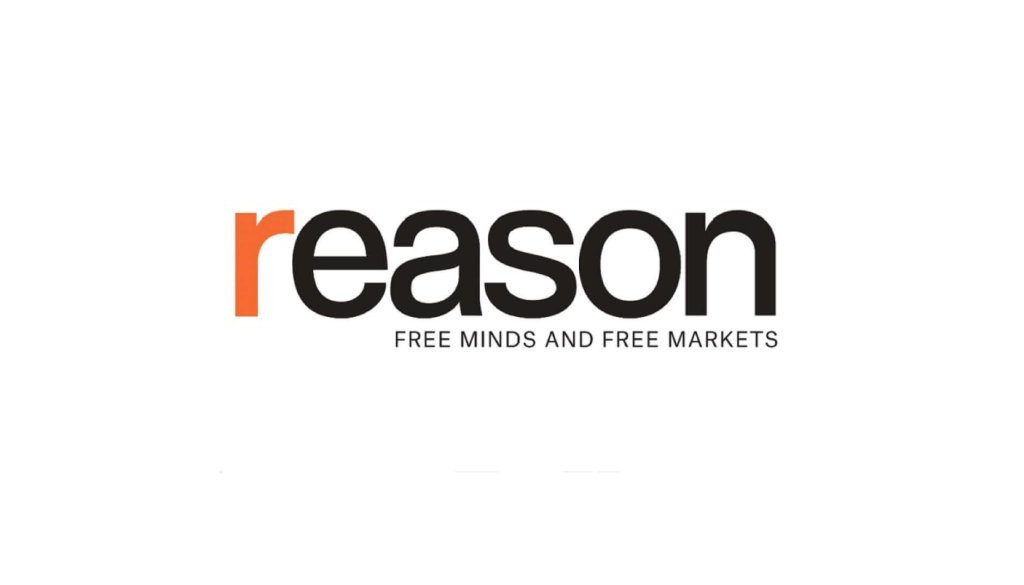Harvard / Dep’t of Ed Settlement Chilling Anti-Israel, Anti-Zionist, and Anti-Anti-Zionist Speech
FIRE (Robert Shibley) has a long and detailed analysis of the settlement, which I highly recommend. A few thoughts of my own:
[1.] The settlement adopts the International Holocaust Remembrance Alliance definition of anti-Semitism, which defines anti-Semitism to include, among other things,
Accusing Jewish citizens of being more loyal to Israel, or to the alleged priorities of Jews worldwide, than to the interests of their own nations.
Denying the Jewish people their right to self-determination, e.g., by claiming that the existence of a State of Israel is a racist endeavor.
Applying double standards by requiring of it a behavior not expected or demanded of any other democratic nation….
Drawing comparisons of contemporary Israeli policy to that of the Nazis.
Much as I disagree with such statements, they are constitutionally protected speech, whether anti-Semitic or not; no serious university should ban them.
[2.] Harvard also adds an express prohibition on anti-Zionist statements, which could be violated by statements such as “using or disseminating tropes, stereotypes, and conspiracies about Zionists (e.g., ‘Zionists control the media’).” Whether or not such statements are anti-Semitic, they too are constitutionally protected. People must be free to criticize ideologies (whether political, religious, or a mix), even in intemperate and hyperbolic (and unfair) ways.
Note also that Harvard policy now says, “Zionists, anti-Zionists, and non-Zionists are all protected against discriminatory disparate treatment and harassment under the policy.” This follows that “using or disseminating tropes, stereotypes, and conspiracies about” anti-Zionists would be forbidden as well.
[3.] Harvard, as a private university, could restrict speech this way on its own without violating the Constitution. But I think federal government pressure aimed at getting such intermediaries to restrict speech does violate the Constitution (see NRA v. Vullo (2024), and also this post by Evelyn Douek & Genevieve Lakier). And the rules adopted in the settlement would indeed violate the First Amendment, as was recognized by this federal court decision that preliminarily enjoined a University of Texas rule that adopted the definition.
Here are more details on why I think that adopting such a definition as part of campus speech codes would exacerbate the codes’ violation of free speech and academic freedom principles (though, again, you should also read the FIRE piece):
[* * *]
[A.] The IHRA examples state that “Contemporary examples of antisemitism in public life, the media, schools, the workplace, and in the religious sphere could, taking into account the overall context, include, but are not limited to”:
Calling for, aiding, or justifying the killing or harming of Jews in the name of a radical ideology or an extremist view of religion.
Making mendacious, dehumanizing, demonizing, or stereotypical allegations about Jews as such or the power of Jews as collective—such as, especially but not exclusively, the myth about a world Jewish conspiracy or of Jews controlling the media, economy, government or other societal institutions.
Accusing Jews as a people of being responsible for real or imagined wrongdoing committed by a single Jewish person or group, or even for acts committed by non-Jews.
Denying the fact, scope, mechanisms (e.g. gas chambers) or intentionality of the genocide of the Jewish people at the hands of National Socialist Germany and its supporters and accomplices during World War II (the Holocaust).
Accusing the Jews as a people, or Israel as a state, of inventing or exaggerating the Holocaust.
Accusing Jewish citizens of being more loyal to Israel, or to the alleged priorities of Jews worldwide, than to the interests of their own nations.
Denying the Jewish people their right to self-determination, e.g., by claiming that the existence of a State of Israel is a racist endeavor.
Applying double standards by requiring of it a behavior not expected or demanded of any other democratic nation.
Using the symbols and images associated with classic antisemitism (e.g., claims of Jews killing Jesus or blood libel) to characterize Israel or Israelis.
Drawing comparisons of contemporary Israeli policy to that of the Nazis.
Holding Jews collectively responsible for actions of the state of Israel.
Now imagine that a Gavin Newsom Administration enters into settlements with universities that adopt the following rule in their prohibition on anti-Palestinian discrimination:
The university will adopt the following definition in deciding claims of anti-Palestinian harassment:
Contemporary examples of anti-Palestinian prejudice in public life, the media, schools, the workplace, and in the religious sphere could, taking into account the overall context, include, but are not limited to:
Denying the Palestinian people their right to self-determination, e.g., by claiming that any Palestinian state would lead to terrorist attacks on Israel.
Applying double standard
Article from Reason.com

The Reason Magazine website is a go-to destination for libertarians seeking cogent analysis, investigative reporting, and thought-provoking commentary. Championing the principles of individual freedom, limited government, and free markets, the site offers a diverse range of articles, videos, and podcasts that challenge conventional wisdom and advocate for libertarian solutions. Whether you’re interested in politics, culture, or technology, Reason provides a unique lens that prioritizes liberty and rational discourse. It’s an essential resource for those who value critical thinking and nuanced debate in the pursuit of a freer society.



